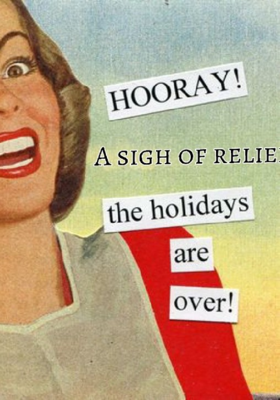Unraveling the Mysteries
Unraveling the Mysteries


Death is the one certainty in life that we all must face. It is a universal experience that unites us all, regardless of age, race, or social status. Yet, despite its inevitability, death remains a taboo topic in most societies. We tend to shy away from discussing it, perhaps due to fear or discomfort. However, in literature, death has always been a recurring theme, serving as a means to explore the complexities of mortality and morality.
Throughout centuries, authors have used death as a tool to examine human nature and the meaning of life. From Shakespeare’s tragic love story of Romeo and Juliet to Albert Camus’ philosophical novel “The Stranger,” death has been portrayed in various forms and interpretations. In this blog, we will delve into the world of literature and explore how it has reflected on death and morality.
The first aspect we must consider is the different representations of death in literature. In some works, death is portrayed as a natural part of life, while in others it is seen as a tragic event that disrupts the natural order. For instance, in William Shakespeare's play “Hamlet,” the main character's father is murdered by his uncle, and his ghost appears to him seeking revenge. This portrayal of death as an unjust event highlights the moral dilemma of seeking retribution for a loved one's death.
On the other hand, death is depicted as a natural process in novels such as “The Fault in Our Stars” by John Green. The story follows two teenagers who fall in love while battling terminal illnesses. The novel beautifully illustrates how death is an inevitable part of life and how love can transcend even the boundaries of mortality.
Furthermore, literature also explores the concept of morality in the face of death. What actions are considered morally right or wrong when one's life is at stake? This question is at the core of many literary works, challenging readers to contemplate their own moral beliefs and principles.
For instance, in George Orwell's dystopian novel “1984,” the main character Winston Smith is faced with a moral dilemma when he is captured and tortured by the government. He is forced to betray his beliefs and love for another person in order to save himself from death. This raises the question, what would one do in such a situation? Is it morally justifiable to sacrifice one's beliefs and values to save their own life?
Similarly, in Markus Zusak’s novel “The Book Thief,” the protagonist Liesel is living in Nazi Germany during World War II. As she witnesses the atrocities committed by the Nazis, she must navigate through difficult moral choices to survive. The novel forces readers to question the moral boundaries of survival and the consequences of our actions in the face of death.
Moreover, literature also sheds light on how different cultures and societies view death and morality. In some cultures, death is seen as a natural part of life, and people celebrate the lives of those who have passed on. This is demonstrated in Gabriel Garcia Marquez’s novel “One Hundred Years of Solitude,” where death is portrayed as a beautiful and mystical event.
On the other hand, some cultures view death with fear and dread, as seen in Edgar Allan Poe’s short story “The Masque of the Red Death.” The story takes place during a plague that ravages a kingdom, and the wealthy prince tries to escape death by hiding in his luxurious palace. However, he ultimately falls victim to death, proving that no one can outrun their mortality.
As readers, we are often drawn to stories that explore death and morality because they force us to confront our own mortality and question our beliefs. These literary works serve as a reflection of our society and allow us to explore different perspectives on death and morality.
Moreover, literature also helps us cope with our fear of death by providing us with a sense of comfort and understanding. When we see characters in a story dealing with death, we can find solace in knowing that we are not alone in our struggles and emotions.
In addition to this, the exploration of death and morality in literature also serves as a reminder to live life to the fullest. When we are confronted with the fragility of life, we are reminded of the importance of cherishing every moment and making the most out of our time on this earth.
In conclusion, death and morality are complex and intertwined concepts that have been explored extensively in literature. From Shakespeare to modern-day authors, death has been portrayed in various forms and interpretations, highlighting its universal nature. Literature allows us to confront our fears and explore different perspectives on death and morality, ultimately helping us come to terms with our own mortality. So, let us embrace these literary works that challenge us to think deeper about life, death, and what it truly means to be human.

















































